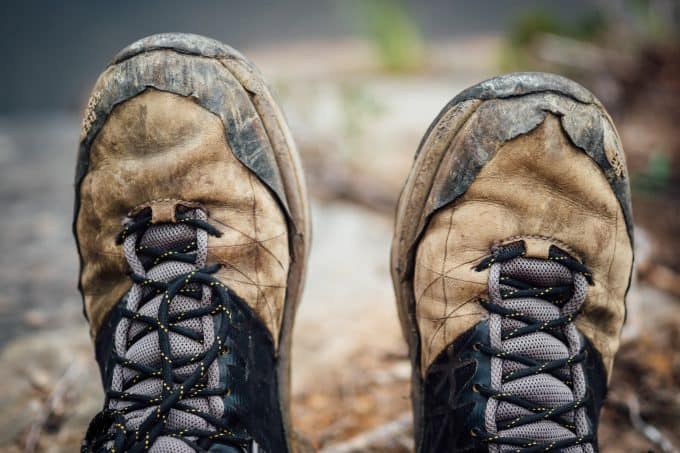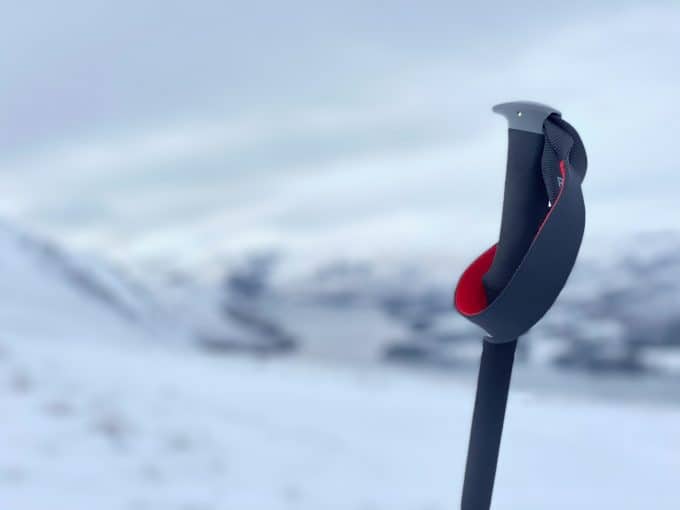Backpacking and hiking is an activity that can benefit the body, mind, and soul. It feels good from head to toe to transverse through the trails, wooded areas, and hills, that is, until it does not. Backpacking is aimed at alleviating pain. However, when done incorrectly, they might make you adopt a posture that might result to back problems. So, is backpacking bad for your back? How can you avoid back pain? Here is an exclusive look at everything you require to know.
Can Backpacking Affect Your Back?
Studies done on the effect of backpacking on your back reveals that carrying excessive weight regularly in a backpack can result in wear and tear on your ligaments, muscles, and joints across the back and hips. The body parts often function to compensate for the extra weight but can’t sustain the strength for a long time. With time, they start to degenerate, which might result to back stiffness and pain. The effects can even be experienced in other body parts, with other muscles working to compensate for the strain. The gradual degeneration can result in chronic back pain, neck pain, herniated discs, altered posture, and even pain in the legs.
Even in a neutral position, the spine is not completely straight. It has an S-shaped posture. So, although from the outside, backpacking might look like it’s only pulling downward, the weight causes different pressure forces inside the spine depending on where it is hitting the spine. This is why backpacking causes a lot of strain on your back.
What Can You Do To Prevent These Back Problems?
If you are experiencing any form of back discomfort due to backpacking, chances are some things could be causing your pain. Either you have over-packed your bag, your backpack is too large, or you are not using a trekking pole. Some of the common ways of treating back pain include;
1. Purchase A Better Backpack
You might have chosen your backpack because it was large and came with many zippers and pockets to fit all your things. While that is a good idea, you require to be more selective in the type of backpack you carry when hiking. Consider your weight, the size of your sternum and hips, and the length of your torso as the guide when choosing your next backpack. Don’t pick a backpack that is too big such that it becomes a burden. Also, avoid a backpack that exerts pressure on your back and shoulders before you even fill it. It is recommendable for you to try different backpacks until you get one that feels a natural fit.

2. Get The Right Footwear
Although you might have never given it a thought, the shoes you wear can play a considerable part in how your back will feel at the end of your backpacking. When walking on hard surfaces such as rocks, the impact can generate shockwaves that resonate from your feet to your spine, especially when you’re carrying a heavy pack. Older shoes give you a higher probability of having back pain. Hiking boot manufacturers have made huge advances in getting their boots to provide the best support available. Ultimately, if they make boots that work well, you’re likely to keep buying from them and recommend them to friends. If you wear shoes with good support, they will help cushion the impact ensuring your back is not affected significantly. Also, you should ensure you get the proper footwear; hiking boots for backpacking.
3. Watch Your Posture
If you have a poor posture, backpacking all day long will only worsen the issue. The correct posture is the neutral spine instead of the stick –straight spine. A neutral spine helps to accommodate the slight curvature present in the spine. It also holds the superior iliac and pubic symphysis of the spine in a straight alignment. The first step of changing improper posture is being aware of it. From here, you can start practicing better posture at home.

4. Carry Trekking Poles With You
You have probably come across backpackers and hikers carrying trekking poles or walking poles. Trekking poles and are made of metal. They come with thick rubber-covered handles, wrist straps, and bottom baskets. Trekking poles will help in your stability and achieving a good walking rhythm. According to a medical sports publication study, people used trekking poles when backpacking had less joint and back pain. If you don’t have a trekking pole, it is certainly worth trying out.
5. Engage In Pain-Reducing Exercises
Just in the same way you should not exercise without stretching, you should not head out for a demanding backpacking session without first doing some back exercises. You should prep your back muscles with some common stretches and yoga poses before leaving for backpacking. You can also try focusing on your back at the gym to strengthen it. If this is something you’re interested in finding out more about, you might find our article on exercises for hiking interesting.
6. Distribute The Weight In Your Backpack Properly
After getting a backpack that fits you best, you need to fill it for your backpacking session, as discussed above. For the first initial hikes, you might be tempted to overpack. After all, what if you get lost and have to live off your supplies? You need to carry plenty of snacks, water, and a sleeping bag. You also need bandages in case you trip and get hurt. After some hikes, you will learn the essential items and those that you can leave at home. Regardless of what you choose to carry, you should understand how to pack it properly. Putting all the items in the backpack without good order can put a strain on particular parts of your back that bear the most weight.
The best way of arranging is beginning with lightweight equipment and gear. Position the items near the center for them to brace against your back. This will create stability that may result in less back pain. Continue to load up the items by weight, ensuring the load is not piled on one side.
Bottom Line
Back pain can range from slightly uncomfortable to debilitating pain. However, even a little back pain can ruin your day. While there are many ways of treating common back pain, you should listen to your body. If you feel that the condition could be more serious, don’t hesitate to see a medical professional.
Featured Image Source: https://unsplash.com/photos/Z9e3d69XxWk






